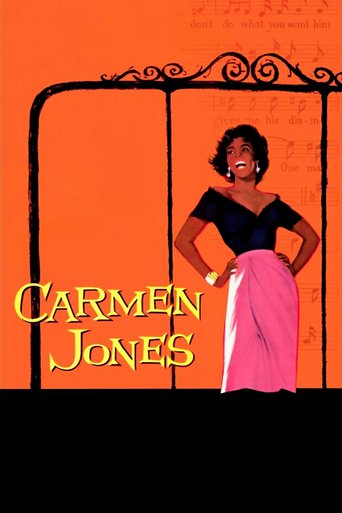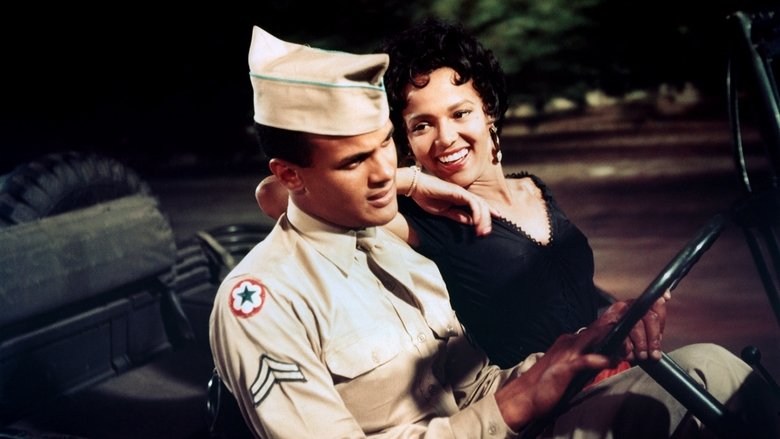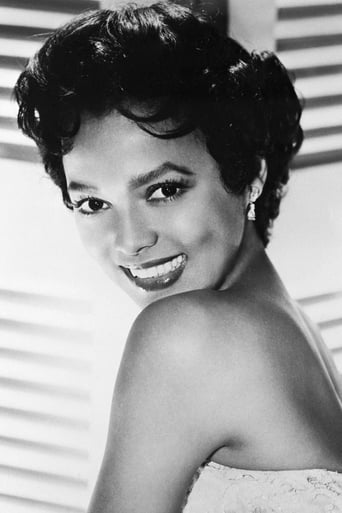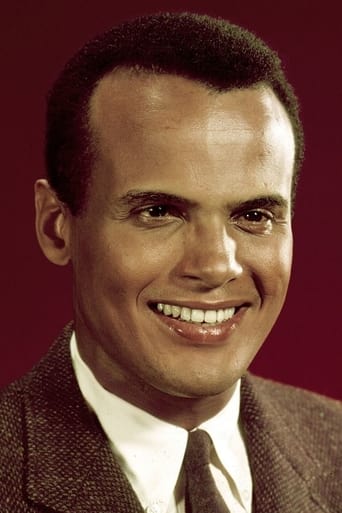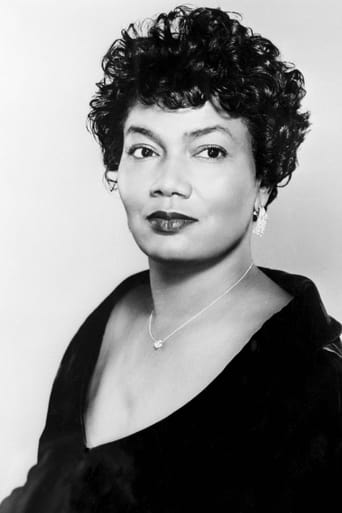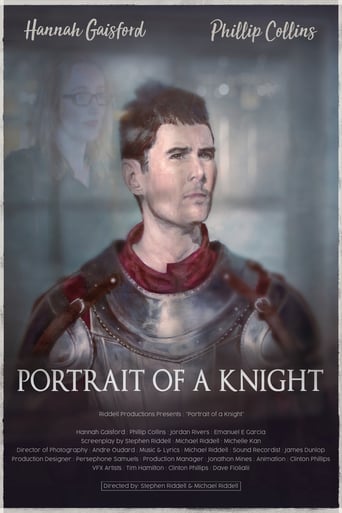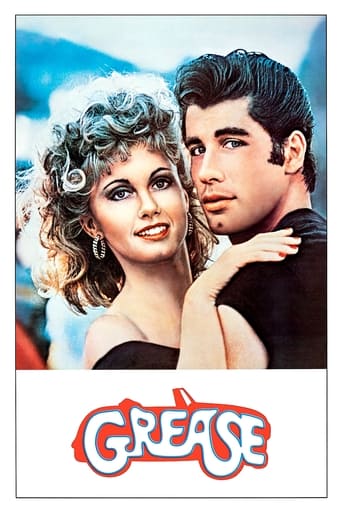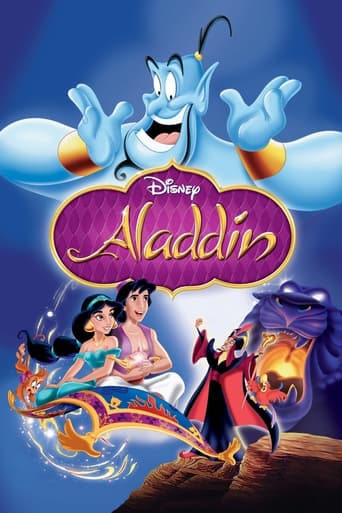Carmen Jones (1954)
The tale of the cigarette-maker Carmen and the Spanish cavalry soldier Don Jose is translated into a modern-day story of a parachute factory worker and a stalwart GI named Joe who is about to go to flying school. Conflict arises when a prize-ring champ captures the heart of Carmen after she has seduced Joe and caused him to go AWOL.
Watch Trailer
Free Trial Channels
Cast


Similar titles
Reviews
not as good as all the hype
Charming and brutal
The performances transcend the film's tropes, grounding it in characters that feel more complete than this subgenre often produces.
A terrific literary drama and character piece that shows how the process of creating art can be seen differently by those doing it and those looking at it from the outside.
"Carmen Jones" (1954) A musical based on an opera, with an African American cast. A few good musical numbers in between incongruous telling of a story. Promising young army man loves simple good woman. Man is assigned to take not so simple and not so good vixen to civilian authorities. Not so good woman manipulates and seduces man into not so promising man. Woman escapes. Man falls very hard for seductive vixen woman. Not so good woman tries to love him back, tries to be faithful, but eventually finds herself needing the baubles and trinkets of rich men. She "don't account to no man" and love "don't give you no right to own me". Man gives up everything only to find woman he loves with another man. Once promising young army man on his way to flight school strangles not so simple and not so good vixen to death. A racial musical Cliché, contrived tragedy Makes fun but that's all #Haibun #PoemReview
I did enjoy the movie, even when I was just kind of listening to the music. It was Bizet, after all, even if they'd let Oscar Hammerstein loose all over the words. And it may not've actually been Dorothy Dandridge or Harry Belafonte singing, but the people dubbing their voices were, obviously, quite good. And, as we know, more operatic and therefore befitting the Bizet. The filming's good, too. The trailer refers to the "interesting people and colorful places" of the United States, presumably because it would've been a tacky to refer to the colorful people in a situation like this one. And certainly the places are colorful, even if--as is the case in the flophouse in Chicago--that color is grey.
Carmen (1954)First of all, this is a gorgeous movie. The WWII-era sets, the fluid photography with a lot of long takes, the lighting and costumes and overall feel are elegant and un-compromised, first frame to last. Second, the idea is fabulous, an all-Black cast and an African-American adaptation of the classic Carmen opera (by the French composure Bizet). The vernacular and the stereotypes might seem worn, or even insulting if you take them wrong (or just take them out of context) but in fact it's in line with that even better, earlier opera, Gershwin's Porgy and Bess. The stereotypes are ones that made sanitized sense equally to White and Black America just as other musicals made sanitized sense to the same audiences. If I sound like an apologist, I'm only responding to attacks on the film ("farcical" "gruesome" or "dreadful"), as being untrue or insensitive to Blacks, by saying that nearly all musicals are incredibly stylized and false, and nearly all movies of this era played with safe, simplified versions of life. No, to be fair to this really interesting movie you need to treat it like you would your own favorite movies from the 1950s, accepting the limitations just as the movie makers did. It's got its own syntax and style, it's own inner set of rules.And within those the performance of the character Carmen by Dorothy Dandridge is incredible. She's on fire, introspective, nuanced, and outrageous. The cast around her is excellent but inevitably uneven, and she stands easily above them in pure performance energy, even over the other big star, Harry Belafonte. All of this said, the beautiful, finely made, early widescreen movie here, "Carmen Jones," is lacking some kind of necessary intensity to work. I can't pin down why. From little strains of Bizet that perk it up (like a boxing worker whistling the most famous theme as he works) to the truly perfect photography and editing (maybe too perfect?), the movie has a steady, compelling flow. It's based on a Broadway musical from 1943 (the year the movie is set, as well), and it has the bones of a great drama, if a familiar one (it's still Bizet).What might be the biggest problem is the understandable decision to film it in a realistic way, with song (and minimal dance) numbers inserted relatively seamlessly along the way. This is the standard musical approach from from the early Astaire-Rogers films to the relatively contemporaneous Arthur Freed productions of the early 1950s like "Singin' in the Rain." But Carmen, the opera and stage musical, is not a lighthearted romantic comedy. It isn't just escapist entertainment. And the gravitas and drama in it, at the end in particular, doesn't quite work the way it does on the opera stage. You watch Belafonte and Dandridge acting their hearts out, but it has that perfect 1950s movie-making production to remind us that it's a movie, and we are detached in a far different way than watching a stage version, with real people and false settings.But never mind all that--you'll see for yourself how absorbed you get and why not more so.A couple last things. First, the singing voices of the two leads are dubbed (yes!), surprising in Belafonte's case in particular because he was (and is) an accomplished singer. Second, Dandridge and director Preminger were having a longterm affair during the filming and after, and she pulls off what might be the best performance of her life here. Third, the movie was shown to the head of the NAACP before release to check on any problems that might be seen from an African-American point of view (this is 1954, remember) and no objections were raised. By this point, Preminger had been working with an all Black cast and was in close quarters with the leading lady so he must have had some sense that what he was after was on target for the time.Watch it if you have interest in any of these things--WWII civilian life, Dandridge or Belafonte, opera adaptations into movies, early big budget African-American movies, Preminger movies, or terrific early Cinemascope photography. That should cover a lot of viewers, but not all. For me, I liked it a lot, and liked parts of it enormously (like the short clip of Max Roach drumming away on a barroom stage). But I felt slightly restless too often to get totally absorbed. One last suggestion--see it on the biggest screen you can, so it will be immersive.
In Hollywood movies from 1920-1960, African-Americans were typically given small parts, usually comical, as servants or lower-class workers (shoe shine boys and train porters) which reflected the view of the dominant Euro-American society. They were also portrayed as marvelous singers and dancers in shorts and occasional entertainer roles.Occasionally, there would be an all black movies where all the characters were black living in an all black world ("Hallelujah," "Cabin in the Sky" etc.) Here, the world of blacks was portrayed as essentially a closed white world. It was separate but equal to the white world. Both of these views could be considered racist because neither of them showed the dominant problem of racism that made life a living hell for so many African-Americans in those years. Racism is virtually non-existent in the movie world of this period (with notable exceptions, see for example, "The Killing," Kubrick, 1954) Yet both views also contain contradictions. The blacks as funny servants view did show that blacks and whites could laugh together at the same things, and the separate-but-equal society view showed that they were fully human and could cry and be hurt as everyone."Carmen Jones" shows a separate-but-equal view of blacks. The problems in the movie are generated exclusively by the free decisions of the leading characters. Racism does not exist in this world.The movie has a wonderful cast, with the leads, Harry Belafonte and Dorothy Dandridge giving top notch performances. Belafonte could certainly have been as big as Marlon Brando as an actor if not for the racism of the period. Likewise, Dorothy Dandridge only did four more Hollywood films before her untimely death in 1965. Consider that an equivalent "sexy" actress, Kim Novak, who started her career the same year, appeared in seventeen moves during this time period.The production is excellent, nice sets, costumes, cinematography and editing. The two problems with the movie are the dubbing and the plot. The dubbing of opera singers for the singing of the main characters was a common mistake made often. Technically the singing may be better, but you always get a slight out-of-sync feeling that is slightly unpleasant. The plot is also a problem in that it moves from absolute lightness and comedy in the first half to a quite serious drama in the second half. The abrupt transition doesn't work. Since the language and setting of the original opera by Bizet are changed, I do not think it would have been out of place to change the ending.Still, its a fascinating piece, worth watching for a number of reasons.Incidentally, it was a pleasure seeing Nick Stewart in a small role. He played the delightful and hilarious character "Ligthnin" in the "Amos and Andy" television series of the time. He was a great comedian who should also have gotten more and bigger roles.

